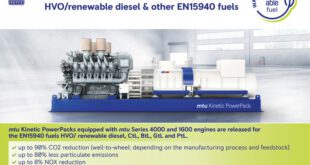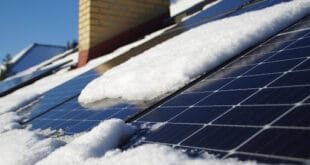Why Do We Need Alternatives?
To answer that question, we need to start by discussing fossil fuels-what they are, where they come from, how they are used and the advantages and disadvantages of each. Within this context, the pressing need for alternatives becomes quite clear.
What are fossil fuels?
Most fossil fuels are formed from the remains of long-dead creatures and plants. Buried over the course of hundreds of millions of years, these carbon-based deposits have been converted by heat and pressure over time into such combustible substances as crude oil, coal, natural gas, oil shales and tar sands. A smaller portion of fossil fuels is the handful of other naturally occurring substances that contain carbon but do not come from organic sources.
To make more fossil fuels would require both the creation of new topsoil filled with hydrocarbons, and time-lots of time. Given estimates of current fossil fuel reserves worldwide, it’s not possible we can wait out the problem, and continue our dependence on fossil fuels until new reserves are built. At current consumption rates, the reserves of oil and coal and other fossil fuels won’t last hundreds of years, let alone hundreds of millions of years.
As for creating more, experts have pointed out that it can take close to five centuries to replace a single inch of topsoil as plants decay and rocks weather. Yet in the United States, at least, much of the topsoil has been disturbed by farming, leading still more experts to the disturbing conclusion that in areas once covered by prairie, the past hundred years of agriculture have caused America’s “bread basket’ to lose half of its topsoil as it erodes thirty times faster than it can form.
The Advantages of Fossil Fuels in Energy Production
There are many reasons why the world became dependent on fossil fuels, and continues to rely on them. For example, it has so far been relatively cost-effective in the short run to burn fossil fuels to generate electricity at strategic centralized parts of the grid and to deliver the electricity in bulk to nearby substations; these in turn deliver electricity directly to consumers. These big power plants burn gas or, less efficiently, coal. Since so much electricity can be lost over long-distance transmission, when power needs to be concentrated more in one region than another, the fuels are generally transported instead to distant power plants and burned there. Liquid fuels are particularly easy to transport.
More: continued here
 Alternative Energy HQ solar power for homes, wind energy, and bio fuel issues
Alternative Energy HQ solar power for homes, wind energy, and bio fuel issues






